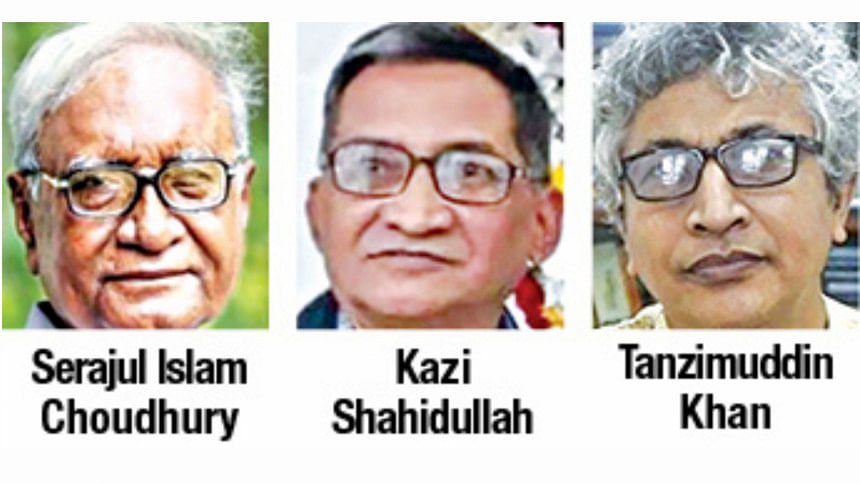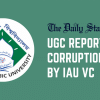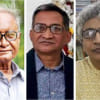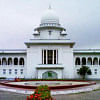Uniform admission test: academicians at odds

The UGC head believes that while issues might arise with the introduction of something new, such fears should not stop them from taking the initiative. On the other hand, the two distinguished educationists have strongly stated that a sensitive matter like admission in public universities must not go through a "trial and error" approach.
Four leading universities -- Dhaka University, Bangladesh University of Engineering and Technology (Buet), Jahangirnagar University and Chittagong University -- are still undecided about adopting the new system.
According to Prof Serajul Islam, there are pros and cons. "The reason the demand for combined entry tests was raised is that the aspirants need to take multiple tests and travel to different towns. This kills time and money and their parents too are affected.
"But one huge disadvantage is that there is no organisation that can manage such a huge process. The test results might not be reliable and people may not have faith in it. It will create chaos," he said.
"Secondly, public universities should be autonomous. One of the aspects is appointment of teachers and the other one is selection of students for admission. This power should solely be exercised by the universities," the professor added.
UGC Chairman Prof Kazi Shahidullah refuted this by saying, "Problems may occur anytime, anywhere, but do they stop anything?"
Asked if there was skilled manpower for managing the task, he said, "Experienced university teachers will conduct the exams. No one needs further training. Computers were introduced for checking copies back in 1997 when I was the dean, many had reservations at that time but they could not stop the process."
About whether the UGC will form a committee to conduct the central admission tests, he said, "Yes. We hope to speed up the process [of forming a committee] in March.
"Admission tests are not the UGC's responsibility. We are just facilitating it to serve a national interest. We will come up with a formula after considering different aspects through committee meetings."
Dr Tanzimuddin pointed to the overall situation of governance in Bangladesh. "It becomes visible that PEC, JSC, SSC and HSC exams are marred by corruption and question leaks."
"What if a student is sick on the day of the exam? He or she will not get the chance to study at a public university ever again," he said.
"I believe that centralised exams cannot be held for universities because not all universities teach the same subjects. How will these things be coordinated? It's true that a student needs to spend extra money to attend multiple university entrance exams… Question is, can the UGC make such a big decision showing this as a logic? Have they done any research? Have they taken up any pilot project? 'We will solve problems when they occur' -- is not an appropriate way to make decisions related to the education system of the country," Tanzimuddin said.
He added, "It might be disastrous, not for well-off students, but what about those who struggle to prepare for the exams? The matter should not be taken lightly."
"Perhaps, first, they can take a group of universities of a particular region or those of the same nature and see how it goes," suggested the academician.

 For all latest news, follow The Daily Star's Google News channel.
For all latest news, follow The Daily Star's Google News channel. 








Comments